'Intergenerational tension.' How Seattle Jews are considering Passover this year
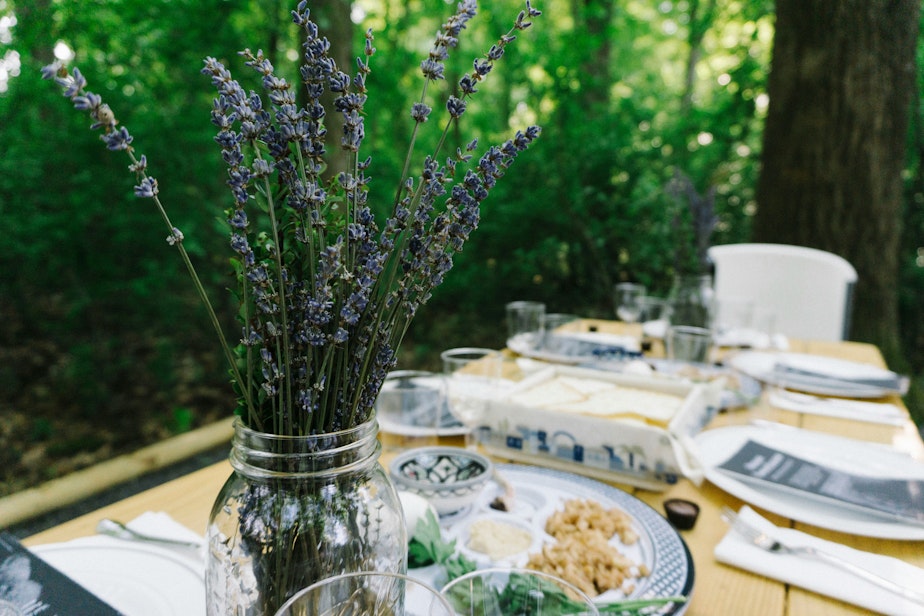
Monday marks the start of Passover, one of the biggest holidays in the Jewish calendar.
It's also the first Passover since Oct. 7, when Hamas attacked Israel, killing about 1,200 people, and Israel began a deadly response that has killed roughly 34,000 Palestinians.
For many in the Jewish community, the weight of that day, and every ensuing day of violence and pain is really hard to hold.
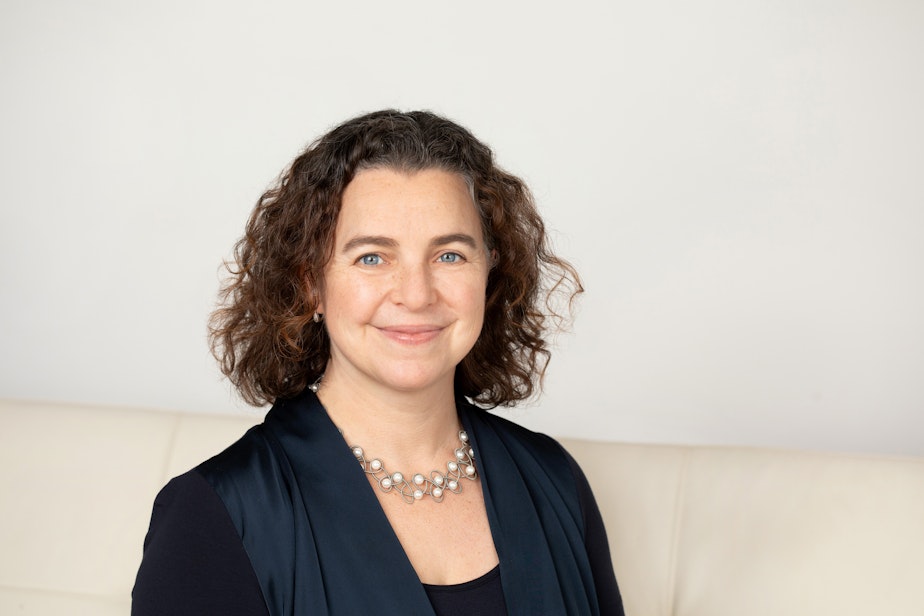
"I'm especially seeing lots of intergenerational tension," said Rabbi Rachel Nussbaum, of the Kavana Cooperative, an independent Jewish community in Seattle. "I think lots of people looking towards this Passover holiday are trying to figure out — how will I sit around a Seder table and talk about what's happening in the world today and this lens of Jewish identity, knowing that my parents, grandparents, my children, or grandchildren see the world through really, really different eyes than I do?"
Sponsored
Passover tells the story of the Jewish people's exodus from slavery in Egypt. It's a holiday that looks at the joy of liberation, of rising up against oppression. And it's a celebration that, for many, ends with the phrase, “Next year in Jerusalem."
What exactly that phrase means will be different, depending on who you ask.
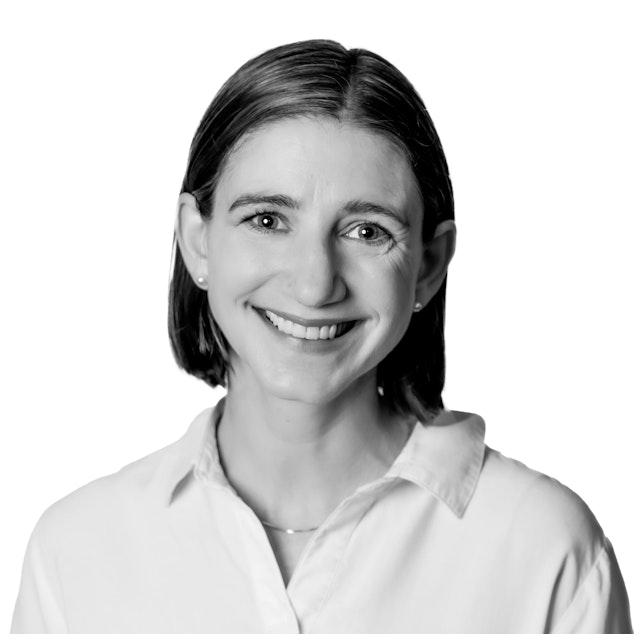
"When I say 'next year,' I would imagine being there and seeing people working together towards a shared society," said Tamara Erickson. She's a self-described anti-Zionist and a co-leader of the Seattle chapter of IfNotNow, an American Jewish group which opposes the Israeli occupation of the West Bank and Gaza Strip.
"So often, people will say, 'Well, don't you believe that Israel has the right to exist as a Jewish state?' It's like, well, what does that mean?" Erickson said. "I think that Jews have a right to live on that land and be treated as equals, be able to celebrate their religion, just as Palestinians have the right to be able to live on that land and be treated as equals and celebrate and practice their religion."
RELATED: 2023 was 'the worst year' for Anti-Jewish hate in the Northwest, Anti-Defamation League reports
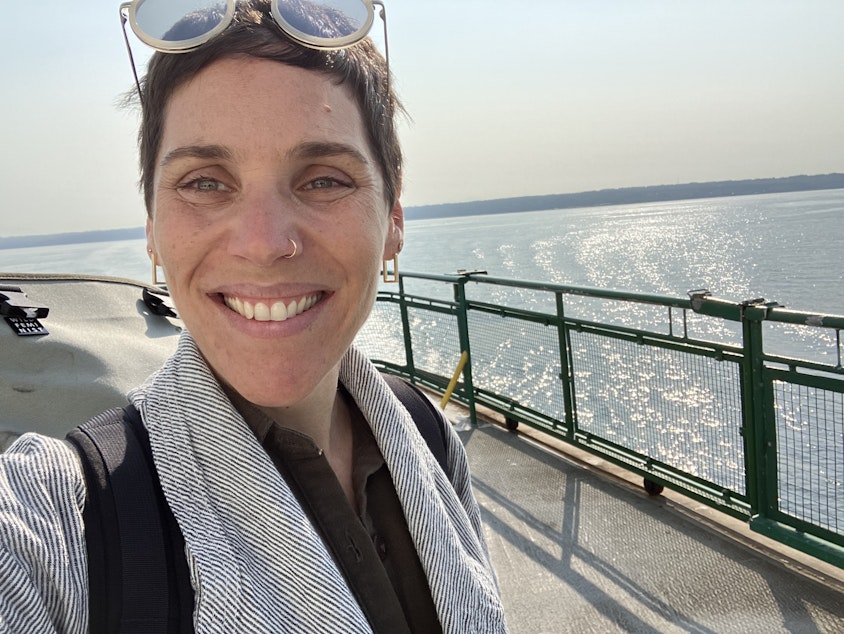
Sponsored
For Tracy Brazg, the phrase "Next year in Jerusalem" feels like a place for friends and family to intellectually engage with each other.
Brazg, who identifies as both a Zionist and progressive, believes in the right of Israel to exist as a nation state and wrote an op-ed about those beliefs in the Seattle Times earlier this year. She advocates for a ceasefire, a return of hostages, and a solution that includes Palestinian sovereignty.
Those beliefs don’t have to be in competition with each other, she said. But she's had a tough time finding people who are willing to discuss how to hold those different beliefs in good faith.
She thinks that Passover can help guide the Jewish community through this moment.
"It's here to help us to think about morality, to think more clearly about where we come from, and what that means for the world that we want to exist in. How we want to act. It helps us to reflect on what freedom means and what our role in that is."
Sponsored
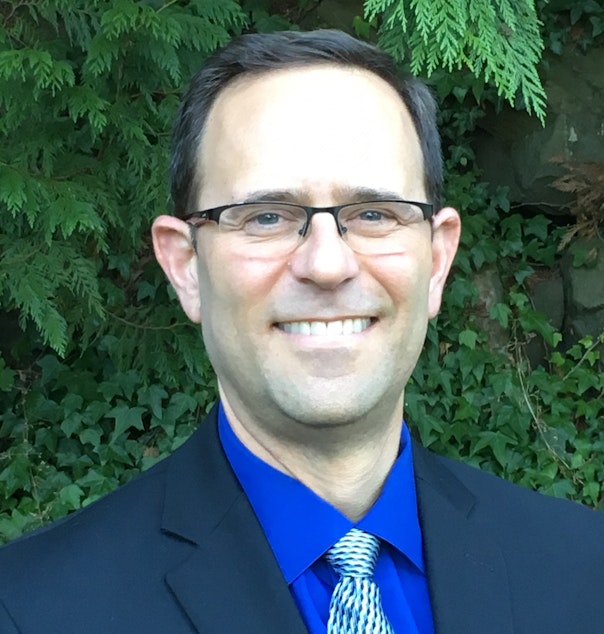
But not everyone is considering Passover a forum for debate this year.
"Our religion commands us to serve God with joy. And we're not meant to be depressed, we're not meant to wallow in sorrow and pity," said Randy Kessler, a regional director for StandWithUs, a nonprofit pro-Israel education and advocacy organization.
RELATED: Hanukkah celebrations inspire Jewish joy despite war and increasing antisemitism
He said celebrating Passover this year is difficult, and every holiday this year is colored by Oct. 7 and what’s currently happening in Israel.
Kessler added that having faith or being a Zionist doesn’t mean you can’t question the actions of the Israeli government, or critique what’s happening on the ground.
Sponsored
For Kessler, "Next year in Jerusalem" means we must remember the physical space of Jerusalem. That it’s a place to call home.
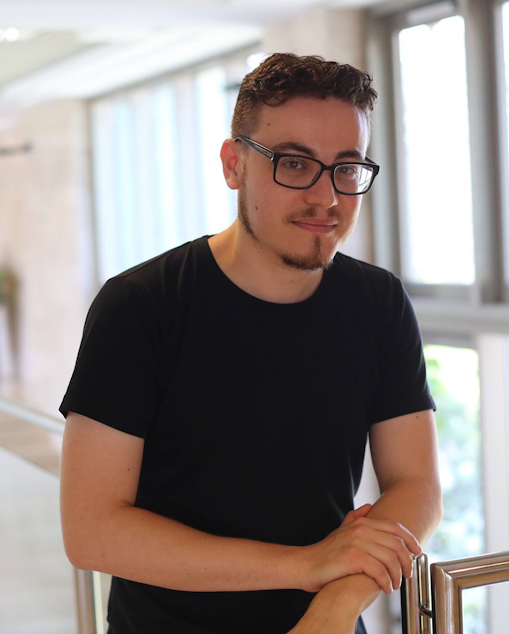
For Uri Weltmann, "The question is very different for Jewish people in Israel and Jewish people in the diaspora in countries abroad, such as here in the United States."
Weltmann, who's Israeli, is a national field organizer and co-founder of Standing Together, an Israeli grassroots movement that’s mobilizing Jewish and Palestinian citizens of Israel in pursuit of peace, equality, and social, and climate justice.
Weltmann said he isn’t thinking about what "Next year in Jerusalem" means at the end of the Seder because he’s worried about what's happening in Israel.
Sponsored
"Passover nonetheless will be a sad one, because of the general climate in which we are living," he said. "Six months into a war that caused so much human suffering for Palestinians, first and foremost, but also inside Israeli society."
Weltmann said he hopes that when American Jews think about "next year in Jerusalem" they won't just think about the state of Israel, but also about the people living there.
"In our country, there are millions of Jewish Israelis — none of them are going anywhere; there are millions of Arab Palestinians — none of them are going anywhere. If there's any hope for a viable, sustainable solution that will allow people to live their lives in liberty, freedom, safety, and security, this must be the starting point. We must recognize this very basic fact."
Listen to the full Soundside segment by clicking the play icon at the top of this story.

